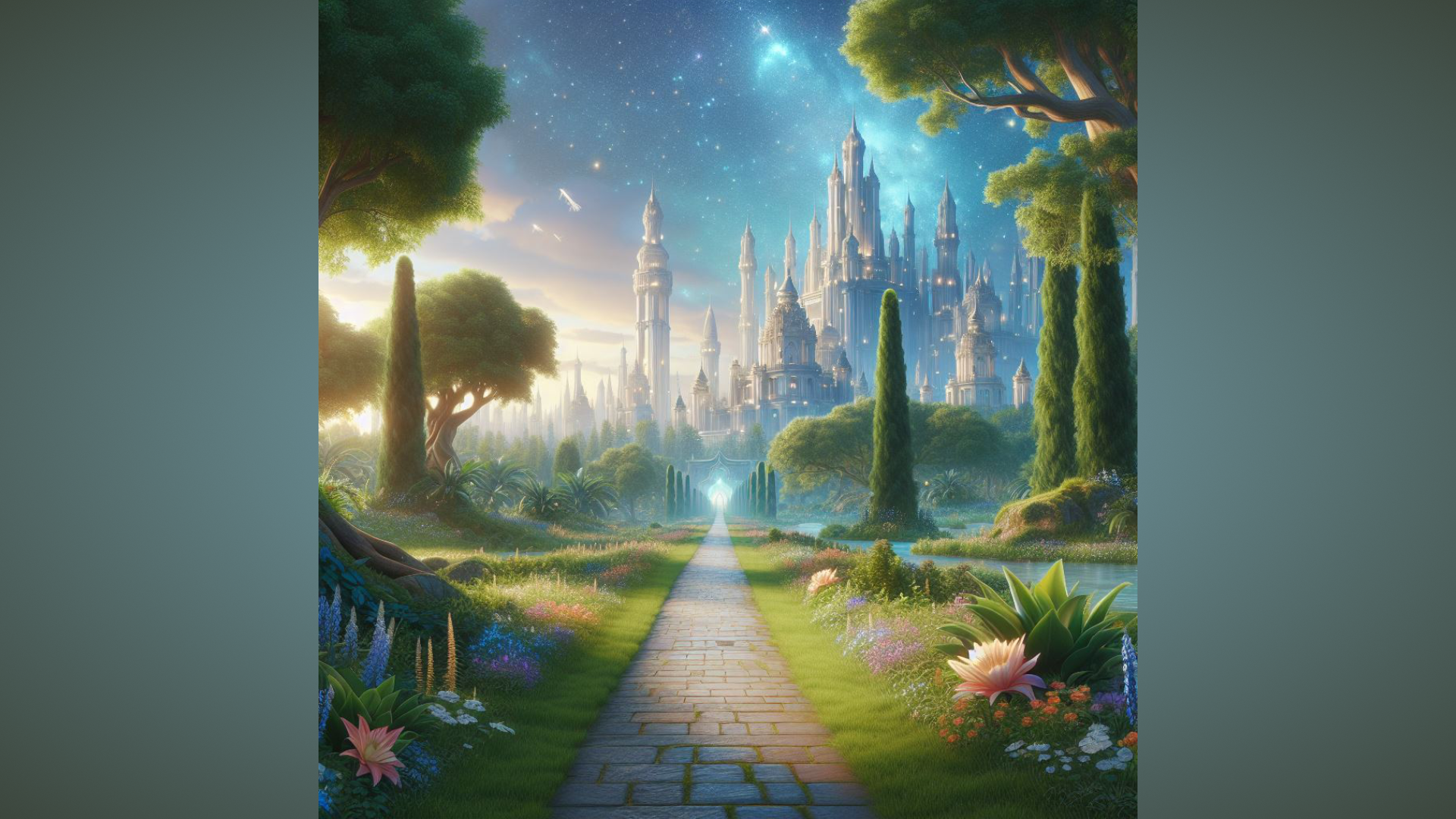 According to a 2008 Gallup poll, 78% of Americans considered themselves Christians. Does the evidence exist to prove it?
According to a 2008 Gallup poll, 78% of Americans considered themselves Christians. Does the evidence exist to prove it?
After the death and resurrection of Jesus, there were only a handful of believers left. Following 3½ years of miraculous ministry and multitudes of followers, the crowds had dwindled to about 120 who showed up for the all important prayer meeting leading to Pentecost. (Acts 1)
There must have been many who promised to follow Him anywhere, do anything, and unselfishly commit their lives to His service. Where were those who had been touched and healed? Where were the thousands fed by the loaves and fish? Where were the oppressed He had set free?
Despite the lean attendance at that prayer meeting, a major historical shift took place. God’s Spirit came and they begin to speak (preach) in languages that the various diverse visitors in the city for the festival could understand. Peter who had cursed and denied Christ less than two months earlier now stood with boldness and preached a message that prompted about 3,000 people to join their ranks. Eventually this message would saturate the Roman Empire. Despite being fed to lions, burned in Nero’s gardens, boiled in oil and other suffering too graphic to describe, this fledgling movement pressed forward until it became the largest movement in the world. Its manual, the Bible, remains the best-selling book of all time.
Christians changed the world! Christians first offered respectful burial for the poor. Christians often cared for plague victims while others burned their villages. Christian legislator William Wilberforce invested his life to end the slave trade. Christian Americans including Harriet Beacher Stowe, author of “Uncle Tom’s Cabin,” and Rev. Martin Luther King Jr. were powerful advocates for freedom and civil rights. This list is enormous.
If so few could initiate so much, where is the impact of hundreds of millions of self-proclaimed Christians today? Do we merely call ourselves Christian because our parents did? Is it possible that we like the idea of being associated with the historical Jesus, but do not truly understand His message? Do we have the form of religion but deny its true power (2Tim 3:5)?
God Forbid! Let’s change the world again!
Shalom
Rodney
